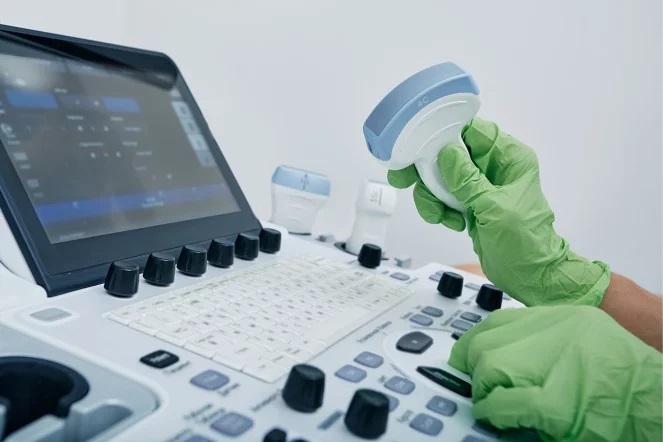
Researchers at the Gdansk University of Technology are working on new piezoelectric nanomaterials using the so-called electrostatic effect, which will not be harmful to the environment and will be used, among other things, in the production of a new generation of biocompatible ultrasonic transducers. The research is being conducted as part of the international m-era.net project, together with partners from Denmark and Brazil.
The piezoelectric materials commonly used to date most often contain lead, which is harmful to the environment and which should be withdrawn from the European Union market.
The creation of new nanomaterials based on doped cerium oxide, which is quite cheap and easy to obtain, opens a wide range of possibilities for the use of piezoelectric materials for, among other things, the generation of ultrasound in particular for medical applications. Indeed, piezoelectric tools are increasingly used in microsurgery, for example.
Read more: https://pg.edu.pl/aktualnosci/2023-05/nowa-generacja-piezoelektrykow-nie-bedzie-szkodzic-srodowisku









